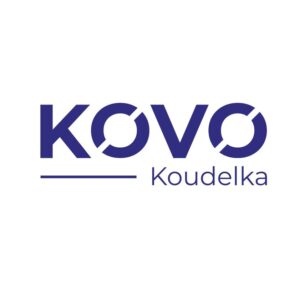Most of us enjoy stories with happy endings. Usually, something is “wrong” at the beginning, and by the end—like magic—there’s a happy ending.
This is something we often experience with new implementations of MES PHARIS. Otherwise, we wouldn’t be so confident in claiming how we can increase production efficiency, quality, and more. Every such happy ending brings us joy and gives us strength for more success stories with our customers. And it raises the question—can we even call such a happy-ending reality a fairytale?
But then there are AI fairytales. They can have happy endings too, no doubt. But the beginning can’t be just “something’s wrong” and nothing more. There needs to be a sufficient amount of truly high-quality data at the start.
With our APS PHARIS (APS = Advanced Planning & Scheduling), we can use high-quality data to generate very efficient production schedules with our algorithms. These can then be analyzed by AI tools based on previous production plans, used to detect anomalies, and so on. But one thing remains true: we can’t create a good schedule from bad data.
Sure, AI can help improve data quality to a certain extent—that’s true. But the key point lies elsewhere: first, we need a massive amount of hard data, and only then can we think about what AI can do with it. Otherwise, it’s not a fairytale—it’s a utopia.
Back to fairytales. From my perspective, MES must come first (as the source of quality data), and then AI can follow.
Or do you know a better way to use AI in production management than feeding it data from MES?
Tomáš Hradský
CEO
PHARIS, s.r.o.



